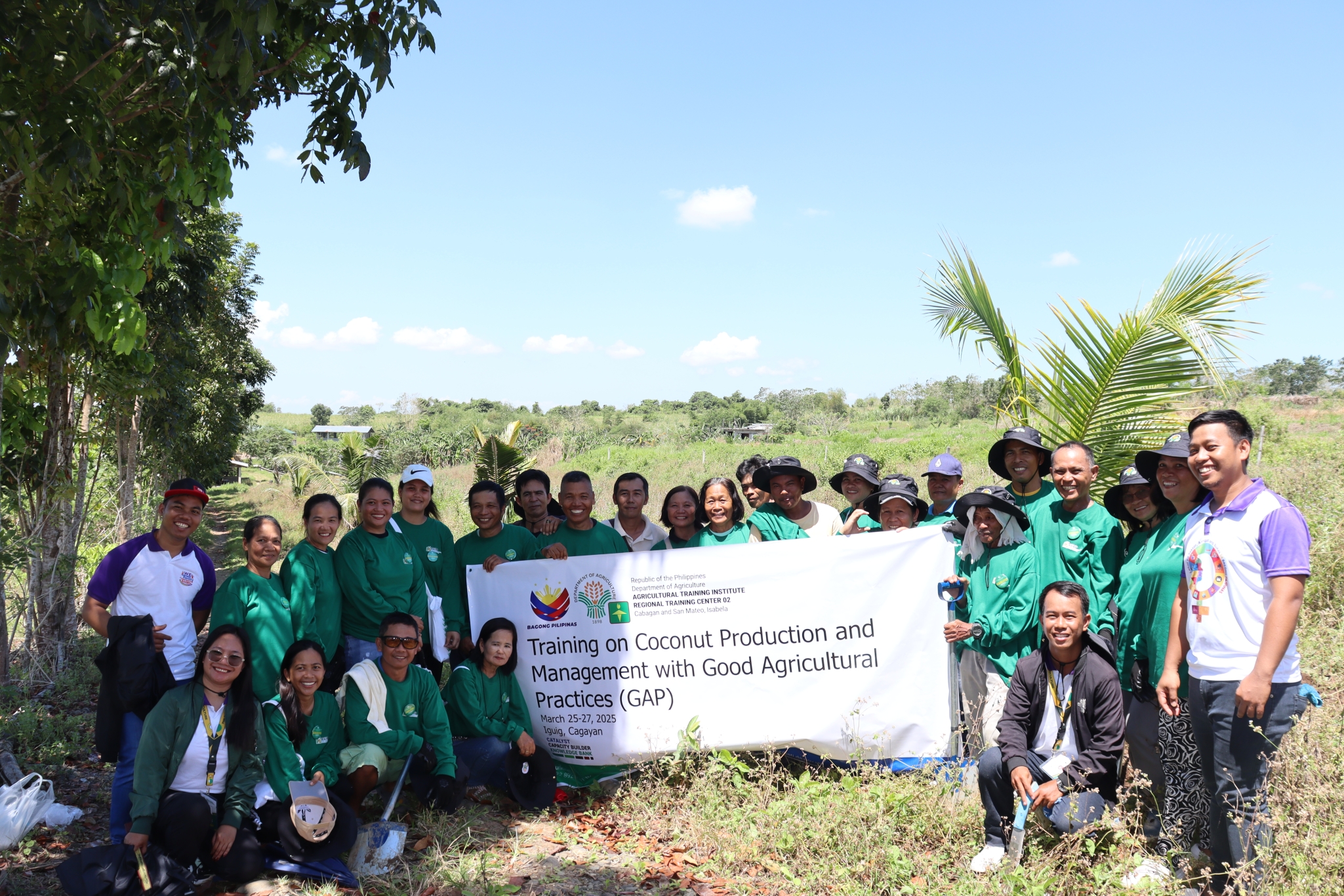21 Sep, 2025
3 min read
The Hollow Wall of San Mateo
For the residents of Barangay San Mateo, the monsoon rains no longer bring just water; they bring a bitter sense of betrayal. Every downpour turns their main street into a murky, impassable river, with floodwaters seeping into homes and businesses, lingering for days. This wasn't supposed to happen. Not after the P75-million "state-of-the-art" flood wall was completed just last year.
"They promised this wall would be our salvation," says Elena Reyes, a 45-year-old mother of three, gesturing towards the crumbling concrete structure. Her small sari-sari store has been inundated three times in the last two months alone, ruining most of her inventory. "Look at it now. It has more cracks than a dry riverbed. It's a hollow wall, a hollow promise." The story of San Mateo is a familiar one across the country—communities left vulnerable by infrastructure projects that fail to deliver. Residents speak of haste during construction and the use of materials that looked worryingly subpar. "We saw one of the main foremen driving a brand-new SUV a month into the project. It’s obvious all these contractors are just lining their pockets with our taxes while we swim in the mud," remarks Mang Jun, a tricycle driver who has lost income due to impassable roads.
This cycle of disappointment, however, is now facing a formidable challenge. President Ferdinand Marcos Jr. has issued a stern directive: contractors of failed and "ghost" projects must rectify their work at their own expense. This mandate reinforces existing warranty clauses in government contracts, which obligate builders to cover the cost of repairs for defects and structural failures.
For communities like San Mateo, this is a potential lifeline. The President’s words, “Simple lang: magkano ang ninakaw?” (It’s simple: how much was stolen?), echo the residents' own quiet questions. The appointment of retired Supreme Court Justice Andres Reyes Jr. to head the newly formed Infrastructure Competitiveness and Integrity (ICI) committee signals a shift from mere rhetoric to decisive action. The government has vowed that cases will be filed, with violators facing potential jail time, blacklisting, or dismissal from service.
Elena, while cleaning another layer of mud from her storefront, remains cautiously hopeful. "We've heard promises before," she says, her voice weary. "But this time, it feels different. It feels like someone in power is finally seeing what we see every time it rains: that we paid for protection, but what we got was a ghost." The residents of San Mateo are now watching, waiting to see if this new wave of accountability will finally be the one that holds back the tide.
Recommended For You
Quezon City Experiences Record-Breaking Rainfall, Floods 36 Barangays
Sep 21, 2025
Paolo Benitez

Japanese Lawmakers Praise Philippines as Key Strategic Partner During ODA Project Review
Sep 21, 2025
Juan dela Cruz

Indigenous Community in Capas Trained on Sustainable Farming Techniques
Sep 21, 2025
Paolo Benitez

China Issues Warning to Philippines Over Taiwanese Foreign Minister's Visit Amid Espionage Concerns
Sep 21, 2025
Juan dela Cruz
